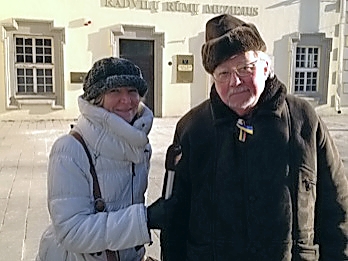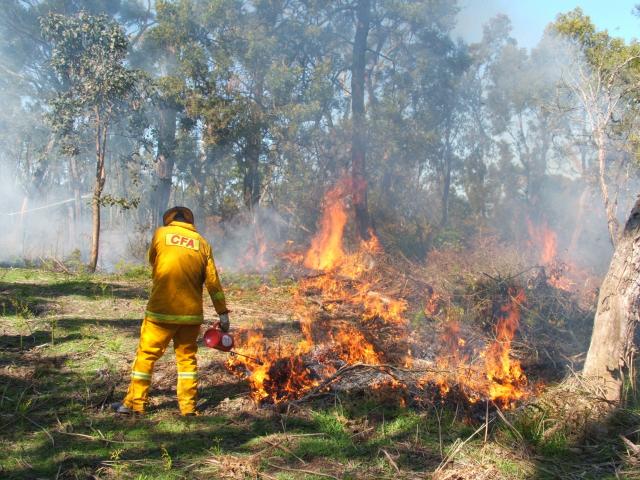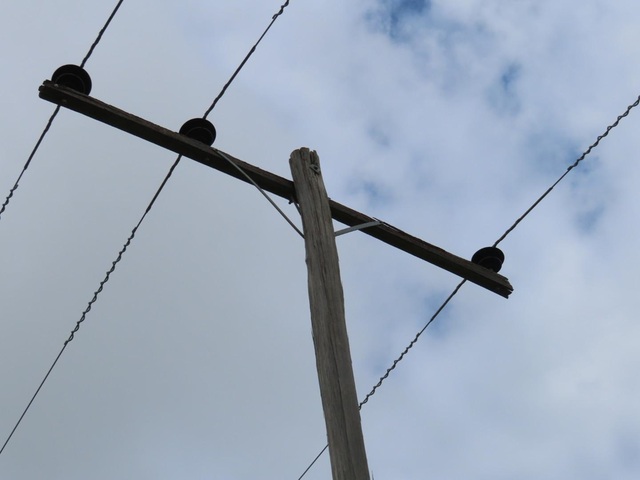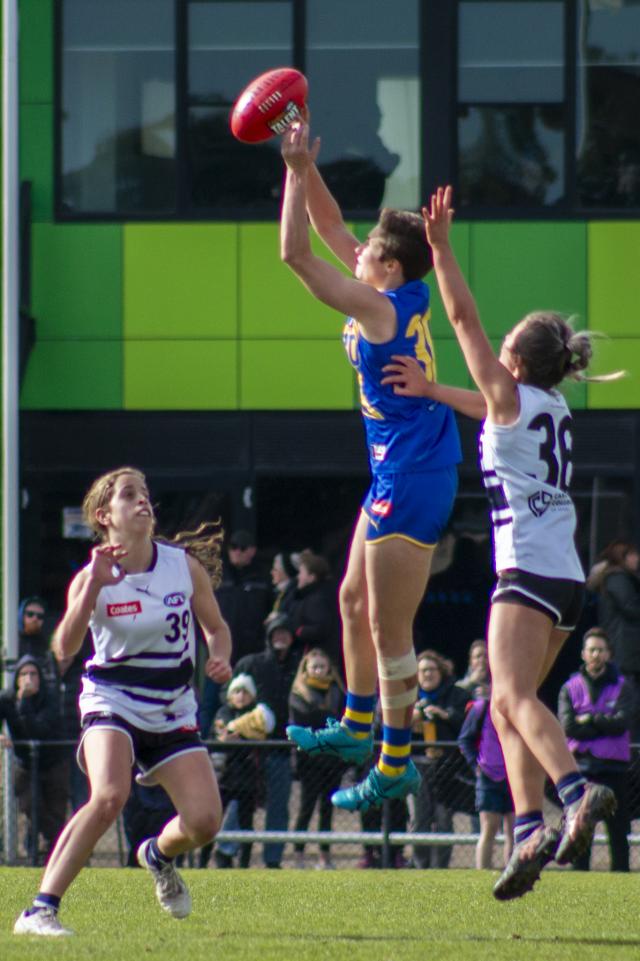Leaving the Ukraine-Russian crisis behind her, a Williamstown scholar has returned from teaching journalism students at the European Humanities University (EHU) – the Belarusian University in exile, now located in Lithuania.
Jillian Hocking, who has previously worked with the United Nations in Afghanistan, said her students from Belarus were fixated on the anti-government protests in the Ukrainian capital.
“The protests in Kiev were in their third week when I was with the Belarusian students and some students had trouble concentrating on the class,” she said.
“Some were transfixed to the live feed coming directly from the protest square in Kiev via the internet.
“I allowed this to be on the teaching screen in class as I thought it was important for them to watch the protests unfold.
“Some of the students said they wished similar protests were happening in Belarus but that was very unlikely.
“They were watching with great interest and wondering if such action could ever be possible in Belarus.
“Interestingly, some of the students said they didn’t want protests like this in Minsk, the capital, saying they didn’t like the capitalist system practised in the West and were happy with what the Belarusian government offered its people – free education, free health care, subsidised housing and heating.
“They said they didn’t want to embrace the EU ‘free’ market economics model where the state had less responsibility to its people.”
Ms Hocking said social media embraced journalism and politics, as the role of citizen journalism came to the fore during political unrest. “I think social networking has been the great democratiser of knowledge,” she said.
“The Arab spring, protests in Turkey, and Ukraine have seen and instigated unprecedented change through the use of social media. Social networking has meant a wonderful opening up of information which helps build strong democracies if used correctly.
“Belarusian students, like all students and people that age, live on social networking: this is how they get their information and news.
“They don’t sit and watch television any more; they acquire their news on their phones or tablets/laptops, any time, day or night.
“Citizen journalism forms a crucial part of that change as information is shared without interference by the state.”
Ms Hocking helped to establish a modern media and communications education curriculum at the EHU, where she works as a visiting lecturer.







